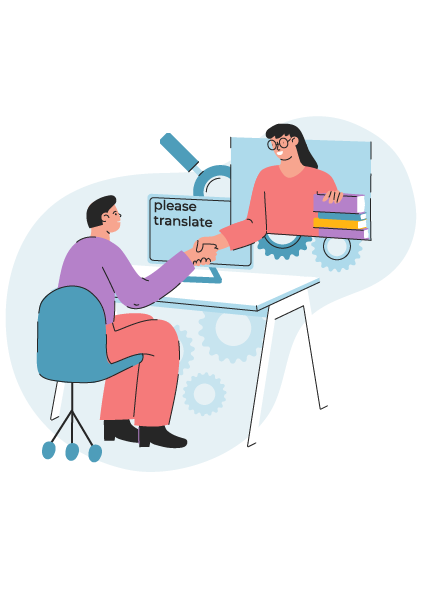Welcome to Cambodian Translation Link
Meet with a dynamic and experienced team
Great value at extremely competitive rates, high quality of translation, and prompt service.




